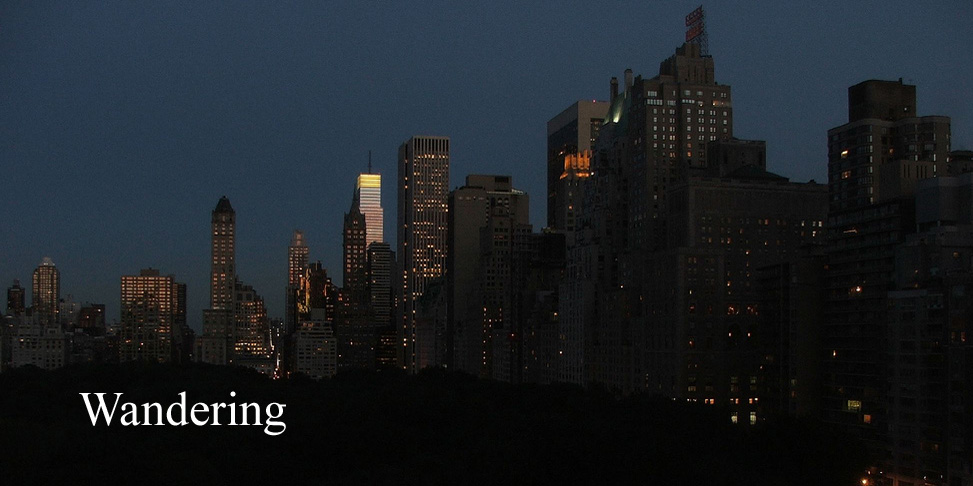![08Mage-poster[1]](http://farm5.static.flickr.com/4079/4870322387_ce2265dcf9.jpg)
In the Members room at the Art Gallery of NSW I came across a display of French opera posters from around 1900. It seems there was a more formal exhibition of the gallery's collection of the posters about ten years ago with an illustrated catalogue I haven't seen yet.
The posters are the work of various artists, none of whom I know; but the fascinating thing was how many of the operas depicted are now unfamiliar. I have made the mistake before of thinking of the history of music, (and the same applies to other things), as an orderly linear progression of famous works, in the case of music, beginning with Bach, or Monteverdi perhaps, and on through Mozart, Beethoven and so on. But in fact as a quick look at the Naxos catalogue proves, at any time there were thousands of composers of countless works which we will never hear. Leaving aside works that were never performed, this small exhibition is a reminder that many operas reached the stage but soon vanished.
I have not heard any of the operas advertised by the posters, but at least know of Massenet's Esclarmonde, (in a poster by Auguste-Francois Gorguet 1862-1927); and was reminded by an interview with Richard Bonynge in the August 2010 edition of Opera News that it was famously revived by him and Joan Sutherland and performed in San Francisco and at the Met in New York 1976. I hadn't heard of Le Mage (poster by Alfredo Edel 1856-1912) but then as the Opera News article points out that Massenet left 28 complete operas as well as incidental music ballet and songs.
Charles-Marie Widor is famous for his organ symphonies particularly the toccata from the symphony for organ no.5 op. 42 no. 1, but I had never thought to ask if he had composed any operas. There were four, represented in the exhibition by Les pêcheurs de Saint-Jean (poster by Fernand-Louis Gottlob 1873 - 1935).
The operettas are even more deeply lost. I hope time permits me to search for and find Shakespeare! by Gaston Serpette (poster by René Péan, b.1875 'opéra bouffe' at the Théâtre des Bouffes Parisiennes) or the saucy Mam'zelle Boy-Scout by Gustave Goublier (Poster by Boulanger 1858 -1924 for the operetta at the Théâtre des Renaissance).
But, because of its curious name, the opera which most caught my imagination was La Glu by Gabriel Dupont (Poster by Robert Dupont 1874 - 1949, the composer's brother, for the opera at the Théâtre National de l'Opéra de Nice). My student's French dictionary has no entry for "La glu" but it's meaning is clear from this review found in the New York Times archive -
PARIS Feb. 12- The new dramatic opera "La Glu" produced recently in Nice has been received with the greatest enthusiasm by all who have heard it. The libretto is drawn by Henry Cain from Jean Richepin's powerful book bearing the same title, and presents the following story:
An elegant Parisienne is known by the significant nickname of "La Glu" or birdlime. To gratify a whim she begins and intrigue with a young Breton fisherman, who, however, takes the affair so seriously and loves her with such mad jealousy that he tries to kill himself on learning that she has betrayed him. His mother saves his life and to rescue him from the charmer who endeavors to get him again into her power, murders her.
The music , which has been written to this simple theme by Gabriel Dupont, is extremely melodious and full of poetic beauty. The orchestration is declared by musicians to be admirable.
Paris desires to hear this opera, which in a general way, seems likely to awaken the same emotions that "Carmen" does, but Berlin will almost certainly enjoy that good fortune first. The Princess of Saxe-Meiningen, a sister of the Kaiser, has sent a copy of it to him from the Riviera, at the same time writing him about it with superlative praise. "La Glu" will be produced at the Imperial Opera House in Berlin early next season."
February 13, 1910
By that point Carmen had emerged as a classic: it was not as well received when first performed. The NY Times itself joined the general opinion of the day:
"...Carmen must stand on its own merits - and those are very slender. It is little more than a collocation of couplets and chansons with a strong flavor of the opera comique ( which may be "spicy" but is not very pure -- art-wise, we mean) and musically, is really not much above the works of Offenbach. It is new, and it has chic, but as a work of art, it is naught. "
October 24, 1878

No comments:
Post a Comment